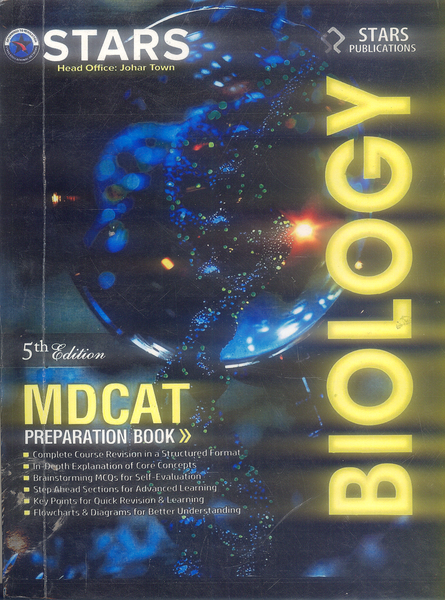Bioinformatics Algorithms: Design and Implementation in Python
- Publisher: COMPUTER SCIENCE
- Availability: In Stock
- SKU: 49385
- Number of Pages: 394
Rs.960.00
Rs.1,295.00
Tags: Academic Press , Algorithm Implementation , Algorithm Optimization , best books , Best Price , Best Selling Books , Bioinformatics , Bioinformatics Algorithms , Bioinformatics Applications , Bioinformatics Challenges , Bioinformatics Education , Bioinformatics Programming , Bioinformatics Research , Bioinformatics Tools , Bioinformatics Workflows , Biological Data Processing , Biological Network Analysis , Biotechnology , Computational Models , Computational Tools , Data Analysis in Python , Data Structures , Data Visualization , Design and Implementation in Python , Genomic Data Analysis , Genomic Data Processing , Graph-Based Algorithms , Hidden Markov Models , Jupyter Notebooks , Miguel Rocha , Motif Discovery , ONLINE BOOKS , Online Bookshop , Pedro G. Ferreira , Phylogenetic Analysis , Proteomic Data Analysis , Python Programming , Scientific Computing , Sequence Alignment , Sequence Analysis
Bioinformatics Algorithms: Design and Implementation in Python
Authors: Miguel Rocha, Pedro G. Ferreira
Quality: Black White Pakistan Print
🔹 Introduction
Bioinformatics Algorithms: Design and Implementation in Python is a comprehensive guide to learning bioinformatics algorithms using the Python programming language. The book introduces key concepts in computational biology and provides step-by-step implementations of fundamental algorithms used in bioinformatics. With a focus on practical applications, it covers essential topics such as sequence alignment, pattern matching, and genome assembly. The authors guide the reader through the mathematical foundations behind the algorithms, while offering clear examples and code snippets that can be easily applied in real-world scenarios. This book is ideal for bioinformaticians, researchers, and students seeking to improve their skills in both bioinformatics and Python programming.
🔹 Key Points
-
Comprehensive Coverage of Algorithms: The book covers a broad range of algorithms commonly used in bioinformatics, including sequence alignment, hidden Markov models, and dynamic programming.
-
Python Implementations: Detailed Python implementations are provided for each algorithm, allowing readers to not only understand the theory but also how to apply it in practice.
-
Clear Explanations: The authors present algorithms in a clear, accessible way, explaining both their biological significance and computational complexity.
-
Hands-On Approach: Emphasizing practical experience, the book encourages readers to write and test Python code for bioinformatics applications, making it a useful resource for hands-on learning.
-
Focus on Real-World Applications: The book emphasizes the real-world applications of bioinformatics algorithms in areas such as genomics, proteomics, and systems biology, bridging the gap between theory and practice.
🔹 Why Read This Book
If you're interested in bioinformatics, this book offers a hands-on approach to learning the essential algorithms that power many modern computational biology applications. Whether you're new to bioinformatics or an experienced researcher, this book will help you understand the algorithms driving genomic research, and how to implement them in Python. The practical, step-by-step approach ensures that you gain both theoretical knowledge and coding experience, making it an ideal resource for students and professionals alike.
🔹 Conclusion
Bioinformatics Algorithms: Design and Implementation in Python is an essential guide for anyone wanting to deepen their understanding of bioinformatics algorithms and how to implement them efficiently using Python. The book’s blend of clear explanations, practical code examples, and coverage of real-world applications makes it an invaluable resource for both beginners and seasoned bioinformaticians. With its accessible yet comprehensive approach, it serves as both a textbook and a reference for anyone seeking to master the computational tools necessary for modern bioinformatics.

























